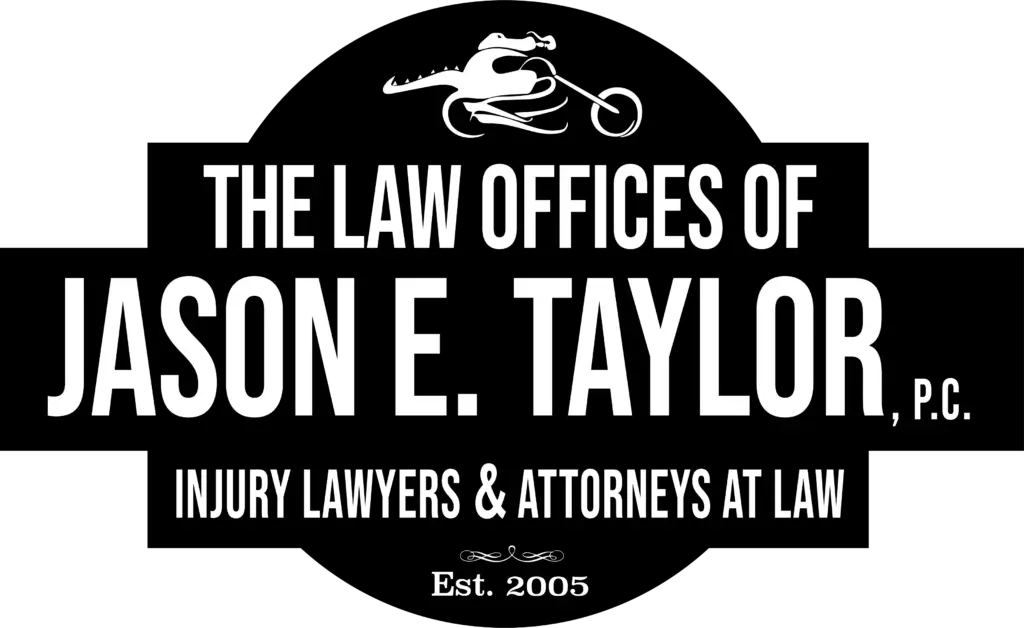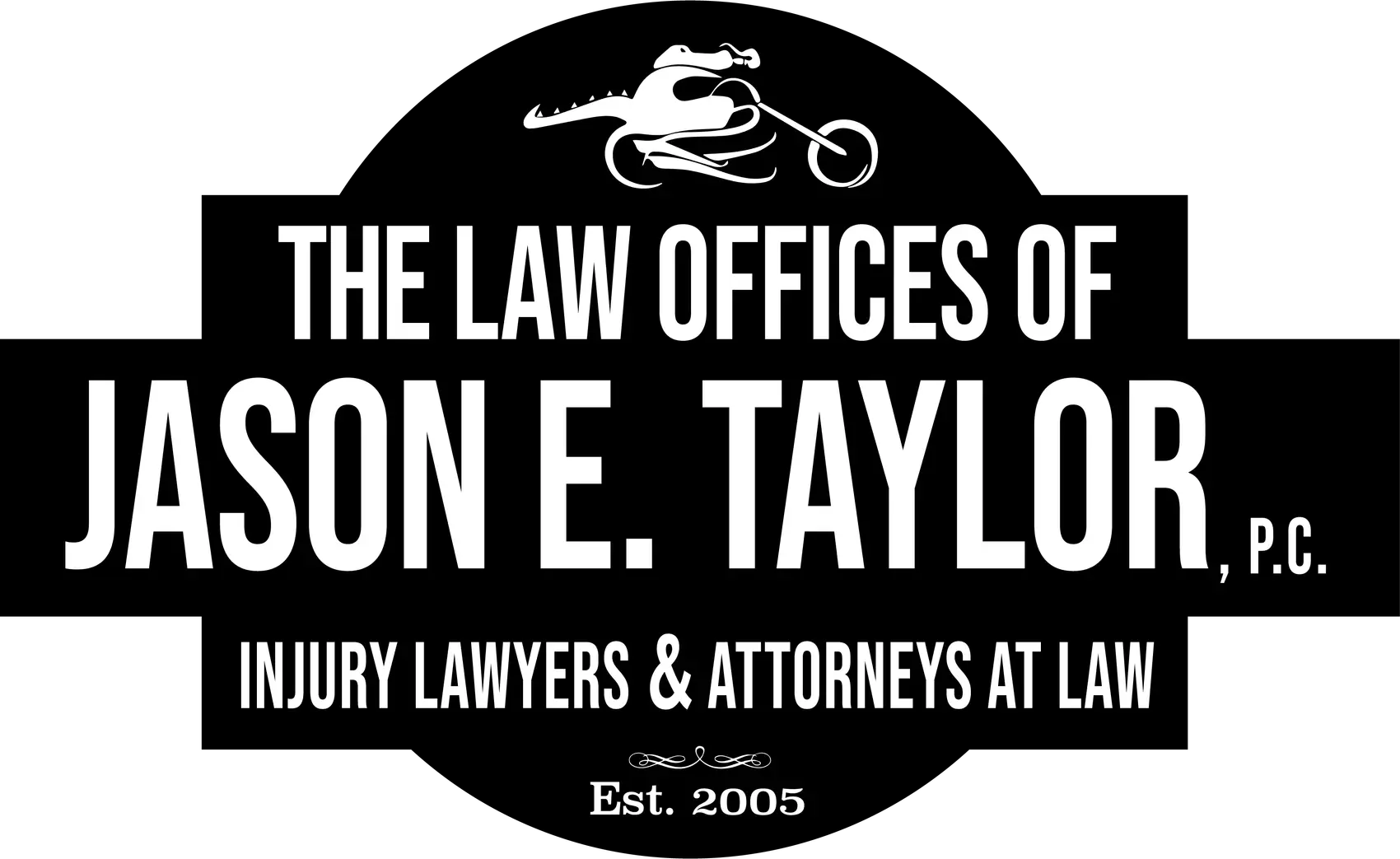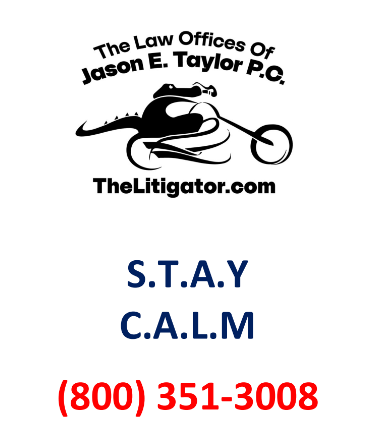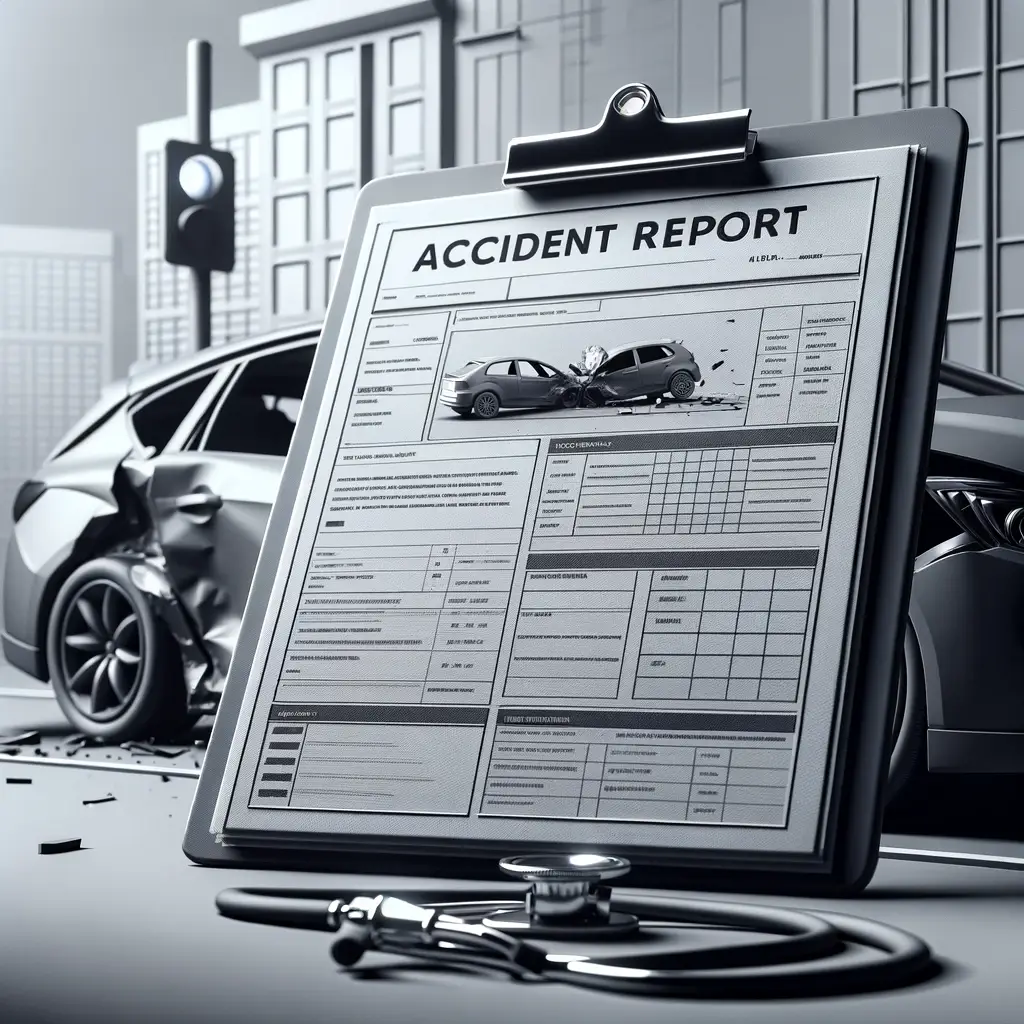The most recent statistics about motorcycle accidents in North Carolina show that more than eight out of 10 motorcycle wrecks result in injuries. There are far fewer motorcycle accident fatalities, but they still occur at a rate of about two dozen a month during the summer.
The N.C. Division of Motor Vehicles says there were 3,893 motorcycle accidents in North Carolina in 2013, the latest DMV statistics available. Of these, 81 percent resulted in an injury, and 154 crashes caused someone’s death. Many accidents are caused frankly by other motorists who fail to stay alert for motorcyclists. But it’s still the bikers who typically pay the price for another motorist’s mistake, especially in a collision with a car or truck.
The same report also shows 656 moped accidents with 571 injuries (87 percent) and 25 fatal crashes, 173 motor scooter or motorbike accidents, 154 injuries (89 percent), and nine fatalities.
It doesn’t have to happen to you. Though any rider can get into an accident, especially if a car or truck driver is negligent, you can decrease the odds of an accident and severe injuries by taking certain safety precautions whenever you are riding a motorcycle.
Avoid a Motorcycle Accident
Here are five safety tips that could save your life:
- Be ready to be safe. Make sure you and your bike are prepared for the road. Check your motorcycle for potential problems or maintenance issues like a stuck throttle, wheel wobble, loose brakes, proper motor oil (which affects engine performance) every time before you ride. Make sure you know the motorcycle you are riding and that your capabilities match your bike’s. If you haven’t taken a rider course, consider one for your level of riding. It could only help, and classes conducted at local community colleges are an excellent way to meet other motorcyclists who live near you.
- Stick out. Too many drivers who have just hit and injured a motorcyclist claim they never saw the biker or even that the motorcycle “came out of nowhere.” When you ride, stay far enough back from cars and trucks that you are not in their blind spots. Catch motorists’ eyes by using hand signals (along with the bike’s signals) well ahead of turning and slowing to stop. Wear bright colors or, at least, avoid black and other dark colors, especially at night or at dawn or dusk.
- Drive defensively. Keep a wary eye on traffic and road conditions ahead of you, and know what’s going on around you constantly. Watch for turning vehicles. Keep in mind where you would go to avoid a vehicle crossing into your path in violation of your right-of-way. Avoid frequent lane changes or splitting lanes, and riding between vehicles.
- Be on top of your game. Don’t get on a motorcycle if you’ve been consuming alcohol, taken a mood-altering drug, or if you are fatigued. Just don’t do it. Alcohol affects your reflexes and slows your reaction time, and compromises your judgment. The National Highway Traffic Safety Administration (NHTSA) says motorcycle riders involved in fatal crashes in 2013 had higher percentages of alcohol impairment than any other type of driver. The rates were 27 percent for motorcycle riders, 23 percent for passenger car drivers, 21 percent for light-truck drivers, and two percent for commercial truck drivers. Fatigue or drowsiness causes the same type of impairment as alcohol or other sedative drugs.
- Wear a helmet. Wearing a DOT-approved helmet is the most effective step you can take to avoid a traumatic brain injury (TBI) or death from a head injury in a motorcycle accident. You should also wear other protective gear, including a face shield attached to your helmet, boots that cover your ankles, and gloves. North Carolina law requires all riders to wear an FMVSS 218 compliant motorcycle safety helmet (look for the DOT sticker).
Motorcycle Accident Attorney
Personal injury attorney Jason Taylor is a life-long motorcycle enthusiast and a tough litigator when it comes to protecting the rights of motorcycle riders hurt in accidents caused by others’ negligence in North Carolina. At the Law Offices of Jason E. Taylor, we want motorcyclists to protect themselves on the road. We also want to be there for them if they need help dealing with insurance companies that unfairly blame the guy or gal riding a motorcycle in an accident.
If you’ve been injured in a motorcycle accident that was someone else’s fault, contact Jason Taylor today.






